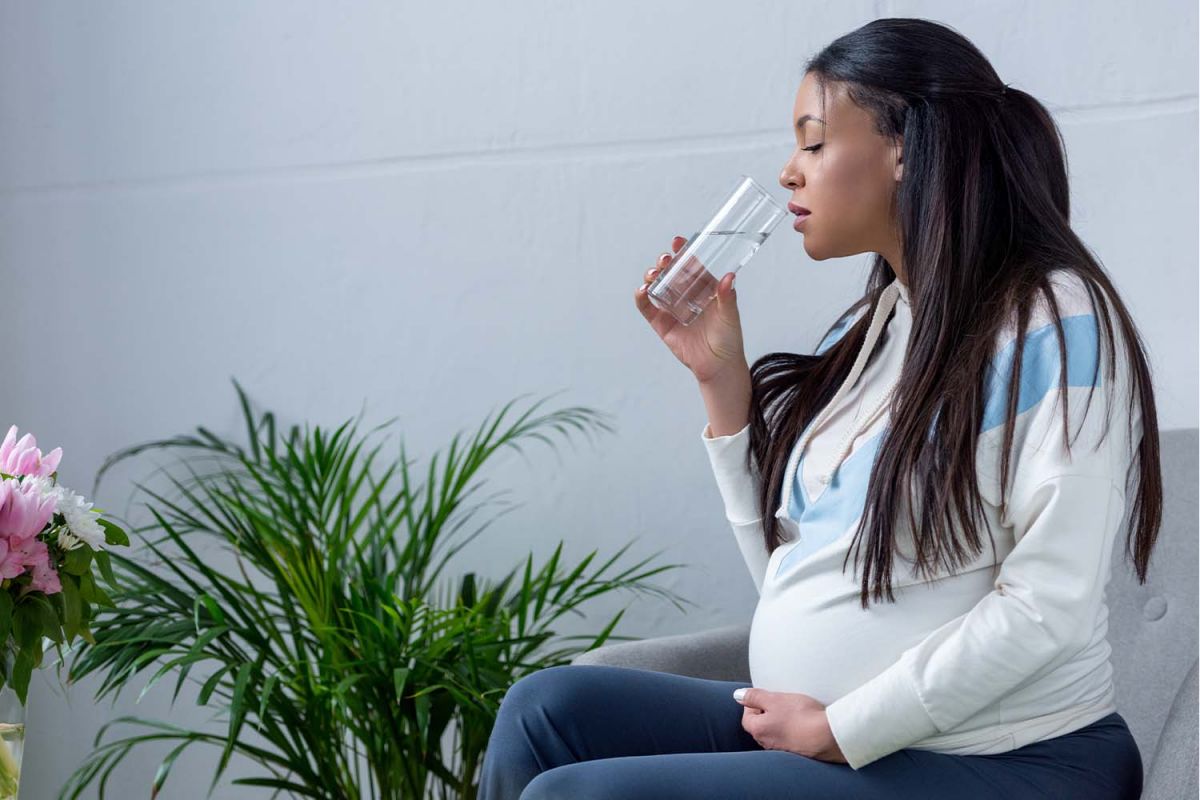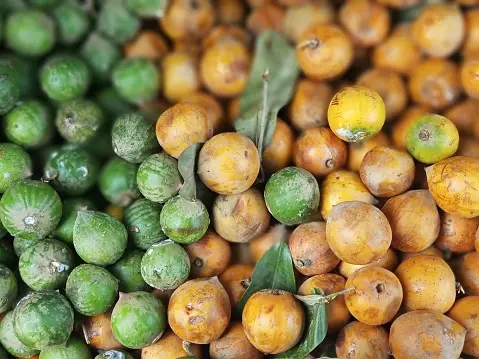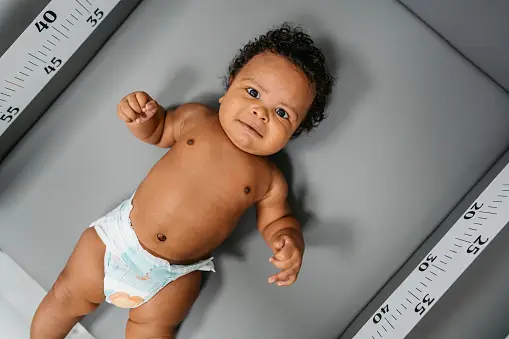During your pregnancy, you will probably get a lot of advice “Do this, Don’t do that.” Everyone wants to play ‘doctor’. This is understandable. They probably also want what’s best for you and your baby. Some of these concerns may be true (facts), while some are borne out of assumptions (myths).
Myths and Facts
A myth is often a ‘widely held’ statement whose origin cannot be traced. Sometimes, the assumption of it being real is based on who the information was obtained from and also if, by sheer coincidence, the held belief experiences a reoccurrence.
Take, for instance: If your grandmother says you’re tall because she often pulled your legs during “omugwo”, it lends a half-proof to you because she said so and also because you watched her stretch the legs of a younger sibling who grew up tall.
Myths are, however, controversial because what applies to Mrs Ojo may not apply to Mrs okenwa. Facts, on the other hand, is a truth known by experience or observation. It is always verifiable.
Does Drinking directly from a bottle bring bad luck in pregnancy?
There are many false assumptions in pregnancy, but this article will focus on the above.
Myth:
So far, no scientific or medical proof reveals bad omens can be linked to drinking directly from a bottle during pregnancy.
Therefore the above is purely a myth. You can drink water safely directly from a bottle. However, make sure it’s from a clean bottle.
Fact:
Some myths do not entirely exist in a vacuum, and some may have been informed by a recurrence. You may know a pregnant neighbour who gulps down liquid straight from a bottle a thousand times because she complains of having difficulty sleeping at night. You remember that pregnant friend from church who also complains of the same, and you link the two-Boom!
The bottled drinks take all the heat.
Have you thought of that occurrence as a coincidence? Have you thought of the possibility that it may be the content or the container and not the process? Or perhaps an underlying medical condition?
The focus should nonetheless not be on whether it brings bad luck; the concern should be
“Are there health hazards attached to drinking what is contained in a bottle?
Research has shown that glass bottles are less likely to harm health than plastic ones. This is because plastic bottles are made with a certain kind of chemical known as Bisphenol A. It is a chemical used to manufacture polycarbonate plastics. This chemical can leach into the water or drink packaged in the bottle over time through heat or protracted storage. This can cause hormonal imbalance amidst other health challenges.
Preventive Measures
Instead of channelling your energy into myths, why don’t you take precautions about what should be avoided?
- Scrutinize the bottle: Do a cleanliness test; pouring the content into a clean glass cup is advisable. If you can’t access a cup at the point of consumption, consider wiping the cork edges with a clean napkin.
- If the seal is broken, do not take: Also, be observant to check if it is well sealed for soda and other drinks with trapped gas. Make sure you notice the struggle the gas makes in anticipation of freedom. If the “tssssh” sound is not there when you pop that wine or soda, kindly replace it.
- Check for expiry dates and imitation: Some producers have learned to make an imitation that appears more real than the original product. Be wary of imitation, and pay attention to details. Carefully observe the labels and logos; if something appears off, do not take it! If it has been stored for too long, it is not advisable to consume.
- Check its content: If it is a drink, check to know the content and its volume. Find out if that is what your body needs at that particular time. You should consult your dietician to know what should generally be taken and avoided.
NB: Sealed water is not entirely safe. Water should be colourless, odourless, and tasteless. If the one you consume defies motive, then it has become unhealthy. If not properly sealed, do not take it.
Conclusion
You can never be too careful. Similarly, do not panic when you get wind of some speculations. Most of them are as untrue as saying a guava tree produces mango in autumn. In areas you’re confused, endeavour to speak to your doctor.
Have you heard about this myth? Let us know in the comments section!
Mamas, we have a Babymigo giveaway specially for you! What do you have to do?
Just leave a comment under our articles, and we’ll randomly pick two lucky mamas to win a grand prize! It runs from now till the 9th of February 2023. Start typing, mamas!
Stay PreggySafe mama!!











Comments